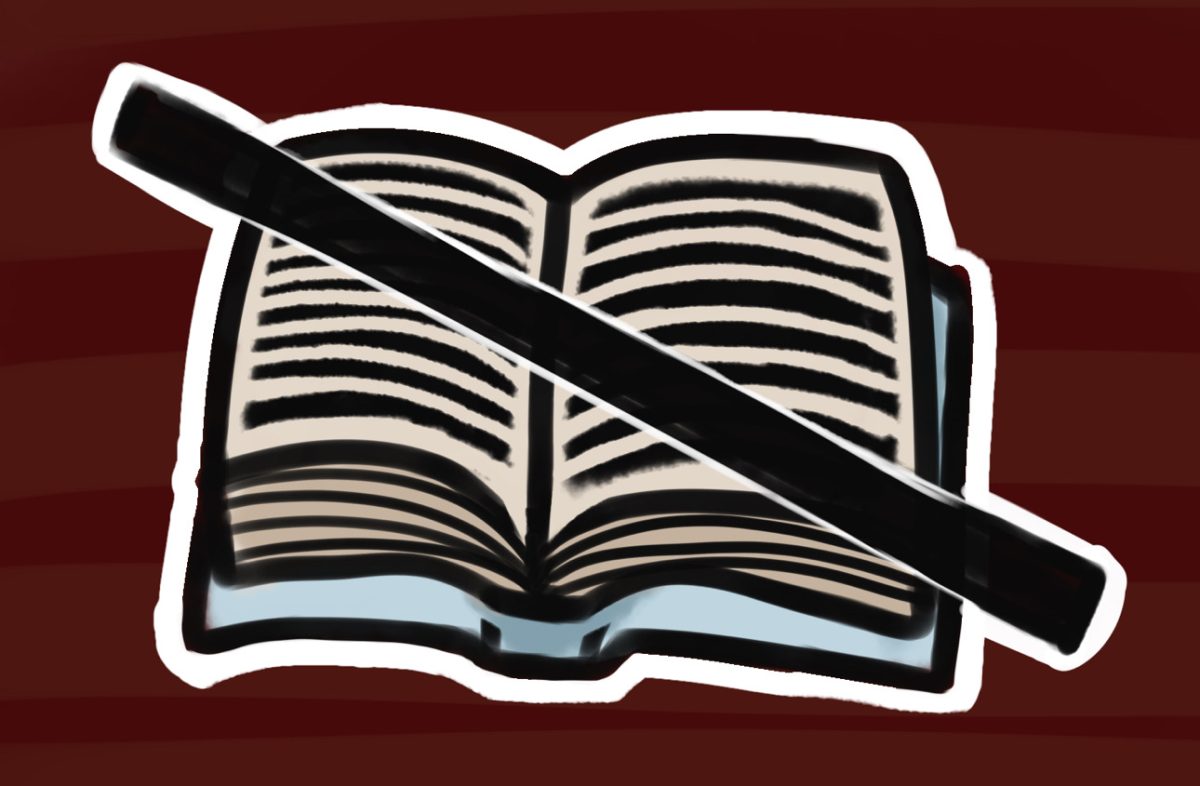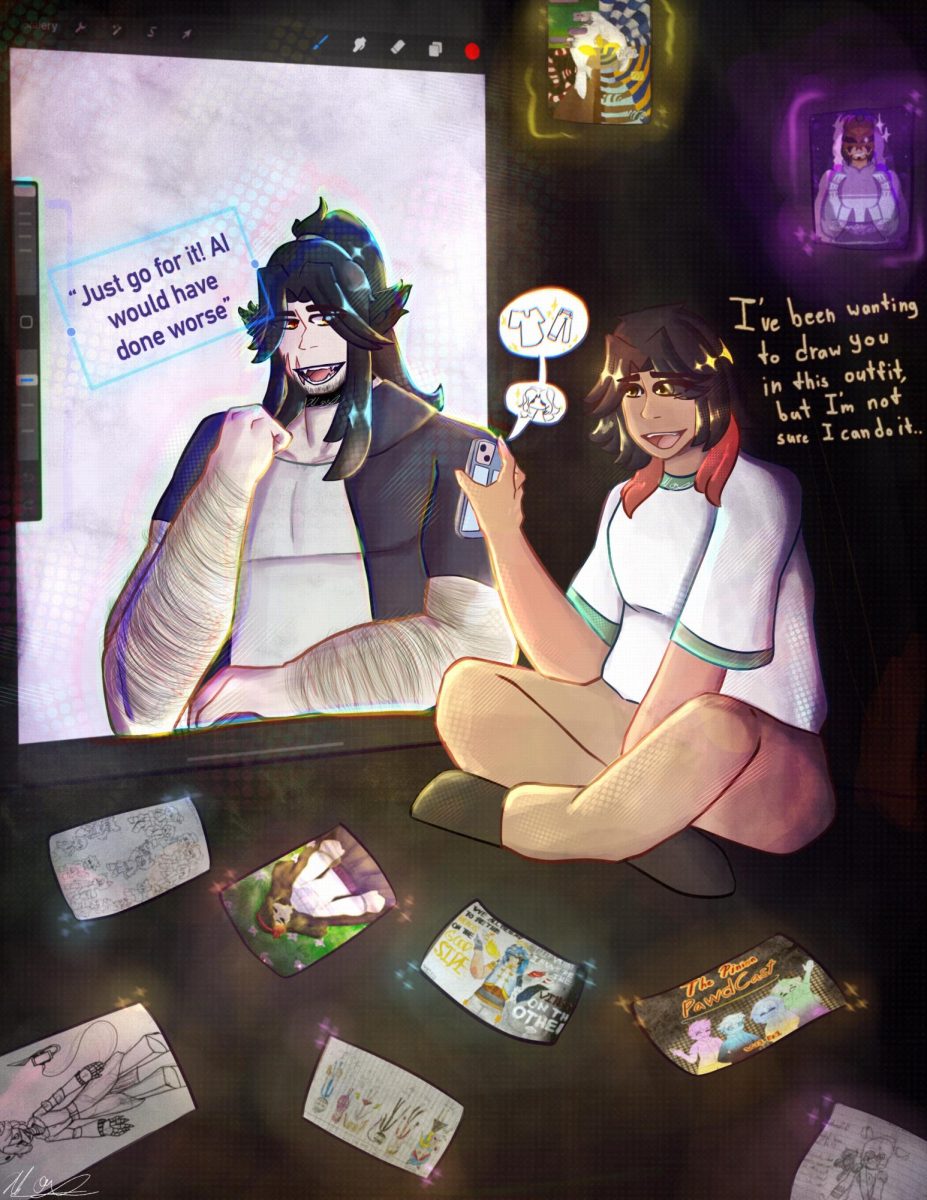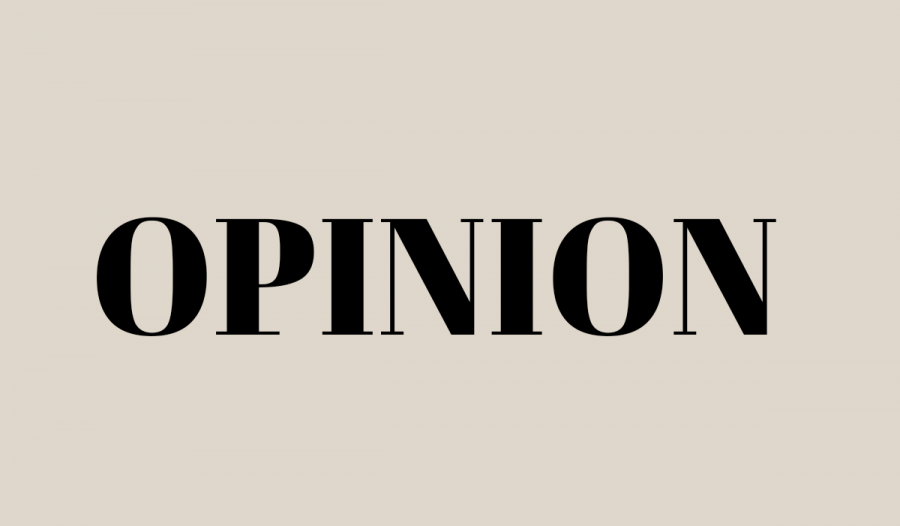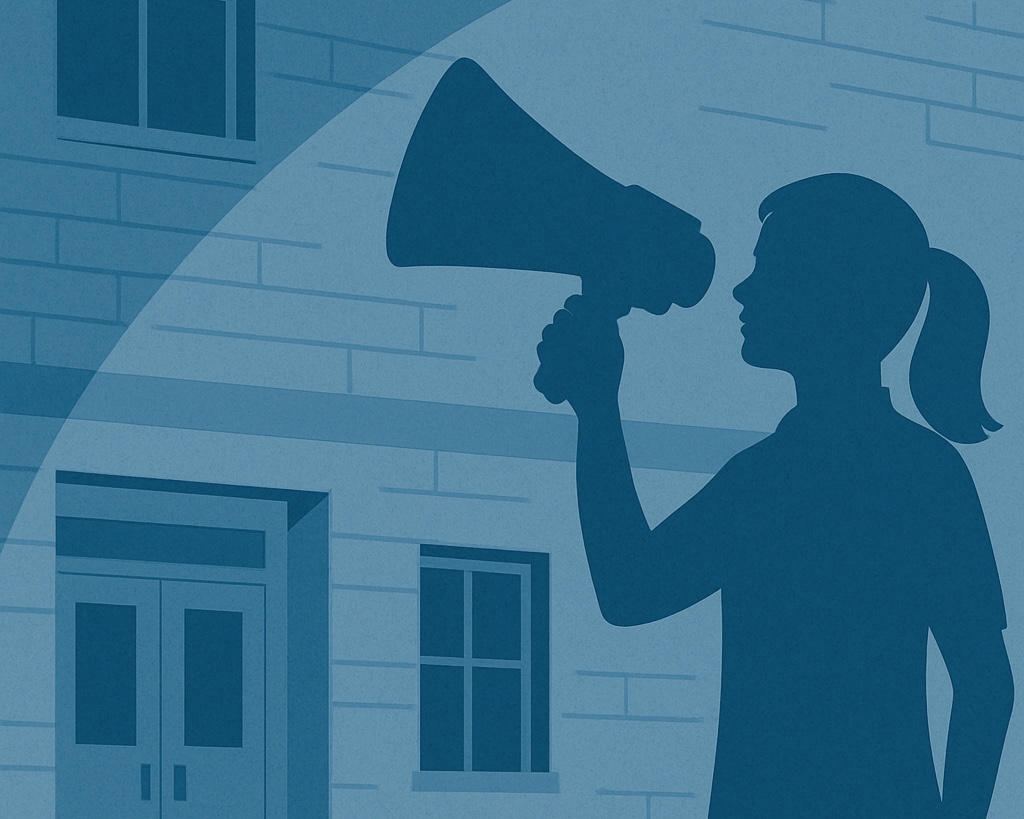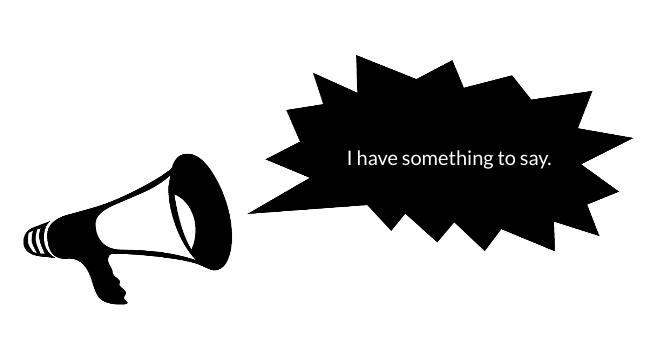In May of 1933, crowds of students and soldiers surged through towns, universities, and cities gathering to spill ink and swallow time. An orchestrated purge of poetry, philosophy, science and stories highlighted a vulgar abscess leaking red, black, and gold. The acrid scent of burning paper hung heavily in the air as words of tolerance that were deemed “Un-German” vanished in the maw of the hideous blaze. A sense of repulsion mingled with authoritarian loyalty crawled through the masses, intertwining with the hair on their skin and latching onto their veins. The smell of sweat and unadulterated rage at something unknown, at an image constructed of greed, fear and dictatorship suffocated the air around them. The fog of nationalism wafted into the air as a cacophony of Nazi rhetoric rang out in blistering dominance to the literary voices they were determined to destroy. Each flame marked a warning: that knowledge could be dangerous and the truth could be manufactured.
This prolific description is something many believe is part of a distant history, a relic of an ancient mindset that we’d like to think no longer exists. Unfortunately, this history echoes disturbingly in today’s America.
Book bans in the U.S. had a resurgence in 2022. Banned in the USA: The Growing Movement to Censor Books in Schools found 2,532 instances of individual bans across 138 school districts and 32 states. The bans followed no guide or standards that have been outlined by sources such as the National Coalition against Censorship. The ongoing bans target books that include diversity, equity, and inclusion (DEI.) Most of the content in these books surrounded oppression, LGBTQ+ topics, and minorities.
Adding an educational perspective to the discussion, English teacher Christopher Martin weighed in on the issue.
“Simply put, book bans are used by people who want to further their own cause and agenda,” he said. “These same people believe their way is right and everyone else is wrong.”
Social studies teacher Rajani Dhakhwa Morita, recently led a discussion with her class on different instances of suppression of information throughout history. One infamous example they were discussing in class just this week was Hitler’s public burning of books.
“This was an attempt to erase diversity of thought. There seems to be a throughline of anti-intellectualism that fascist governments tend to support,” she said.
It is important to take this historical context into consideration as we traverse life under the current administration. Hitler’s book burnings and Trump-era book/information bans share a key similarity: both aim to control ideology by suppressing ideas that challenge the dominant power. Under Hitler, the books that they destroyed were considered “un-german.” This act was done to enforce their ideology. Under Trump, policies targeting books work similarly to restrict narratives that conflict with conservative values. The goal is often framed as protecting children or promoting patriotism, but the effect is silencing and narrowing public discourse.
What sets the current wave of censorship apart is that it isn’t confined to school libraries. The Trump administration has moved to suppress knowledge on a federal level, targeting both literature and digital information. For example, one major action Trump took near the start of this term is Executive Order 14190. Signed in January 2025, this executive order prohibits K–12 schools from teaching materials considered “anti-American” or promoting “gender ideology” and critical race theory. It directs law enforcement to investigate and potentially prosecute educators who facilitate the social transition of transgender minors, including using preferred names or pronouns.
“The era of extreme Jewish intellectualism is now at an end… The future German man will not just be a man of books, but a man of character,” Joseph Goebbels, the Nazi Minister of Propaganda said during the book burnings in 1933. This purge of literature was symbolic, each book was considered to be a threat to the Nazi’s way of thinking. Now, we are forced to compare that to language used in Trump’s rhetoric and policies, such as when his administration labels books as “anti-american” or radical indoctrination. Both justify censorship as a moral or national defense.
Alongside the censoring of certain literature, the wiping of websites and different sources have become its modern equivalent. The vanishing of federal webpages and datasets are the leading examples of this suppression right now.
President Donald Trump has taken several actions to remove or restrict access to information related to Diversity, Equity, and Inclusion (DEI) topics across federal agencies and online platforms. In compliance with Executive Orders aimed at eliminating DEI initiatives, multiple federal agencies have removed or archived hundreds of documents and resources promoting DEI. According to AP news, the U.S. Department of Education, for example, deleted over 200 web pages, including materials on LGBTQ+ student resources and civil rights laws related to race and national origin discrimination.
Some of these executive orders include Executive Order 14173 – Ending Illegal Discrimination and Restoring Merit-Based Opportunity, Executive Order 14151 – Ending Radical and Wasteful Government DEI Programs and Preferencing and, Executive Order 14168 – Defending Women from Gender Ideology Extremism and Restoring Biological Truth to the Federal Government. All of these orders work directly against the promotion of diversity, but instead for a centralized, singular outlook.
Morita echoed the timeless truth that education is power.
“When people don’t know this information, you remove the precedent of people exercising rights that are a part of a healthy democracy like protesting. You see a very compliant population,” she said.
“If you have a docile, generally uneducated populace, we are basically easier to control.”
Morita brought the 3.5 Rule into discussion. The 3.5 Rule refers to the claim that no government has been able to withstand a challenge of 3.5 percent of their population mobilizing against it.
There is also a strong sense of hypocrisy revolving around this information suppression, Morita pointed out how censorship is complicated.
“Bans are slippery slopes because where do you draw the line? Ideas like that must be allowed to exist because there is the concept of the marketplace of ideas,” she said.
The marketplace of ideas is essentially a rationale for freedom of expression where each individual critically evaluates them to pass a judgement, according to The First Amendment.
“You allow different ideas to challenge one another and let the people decide which should prevail,” she said.
Similarly, The Department of Defense recently deleted content highlighting the achievements of historically underrepresented groups, such as profiles of the Tuskegee Airmen according to The Verge. The Tuskegee Airmen were a group of African American military pilots and support personnel who served in the U.S. Army Air Corps (the precursor to the Air Force) during World War II. They were the first Black aviators in American military history, trained at the Tuskegee Army Air Field in Alabama.
When sources of information on racism, gender identity, immigration, or queer experiences are taken away, students from those communities lose visibility. It sends the message that their lives are too controversial or unworthy of discussion.
Morita agreed with this sentiment, stating that these marginalized groups are deemed unnecessary if they are further hidden from view in those ways.
“You erase their history, you erase them and immediately devalue their contributions,” she said.
Netta Cordier, c/o 2025, said that not only does banning information work to keep these groups uneducated, it is also a form of silencing them through the erasure of history.
“People are unable to think critically about political issues,” she said.
Martin contended banning any book deprives certain groups of important information and instead promotes sources that may be misleading or aligned with particular agendas.
“You can’t do that just because you don’t want to lessen the majority’s experience or their belief in themselves,” he said.
“Tell history the way history was, and if you feel guilty about it, make a change!”
While it’s understandable that parents may have concerns about what their children are exposed to, this does not mean that all content should be freely available to everyone at all times. However, it is equally important to recognize that no one should have the authority to restrict access to ideas and knowledge simply because they challenge the status quo or introduce unfamiliar perspectives.
“That’s not to say no one should have any guidance because we all need a little guidance sometimes, whether that be from our parents, our friends, or our teachers,” Martin said. “But I do not think we should be making choices for other people, I don’t think we should elect our masters.”
Some argue that parents should have a say in what their children read, but that right should not extend to restricting what everyone else can access. As Cordier put it, “I think cinnamon is disgusting, does that mean no one should ever have cinnamon rolls again just because I don’t like it? No.”
Morita brought this issue to a more intimate level, highlighting its impact on individuals across our country.
“Part of it to me comes down to not getting to learn about or connect with people or different experiences in general,” she said.
“You do not get to appreciate others! You only see one specific point of view and it keeps us divided.”
Martin argues literature opens the door to explore different perspectives, allowing readers to step into lives and worlds beyond their own.
“I think more people need to read because we feel like we are lost in the world a lot of the time, and we feel like we are a little bit different from everyone else,” he said.
“But you can always find your people within the characters. You are not alone in those experiences.”
Why does this matter now? Ultimately, it is crucial that we confront the dangerous implications of these actions. They have the potential to erode fundamental freedoms, and have already inflicted damage on our nation. Who has the authority to decide which truths are acceptable and which are not? We must ask ourselves: where do we draw the line in the face of such a brazen attempt to restrict knowledge and exert control? If we do not stand up now, we risk surrendering our rights to speak openly and learn without constraint.
- “Democracy dies in darkness,” – The Washington Post. We must shine a light.




